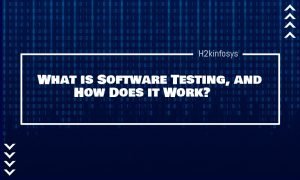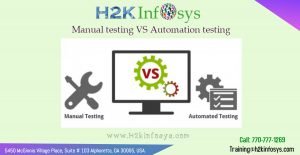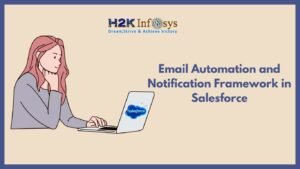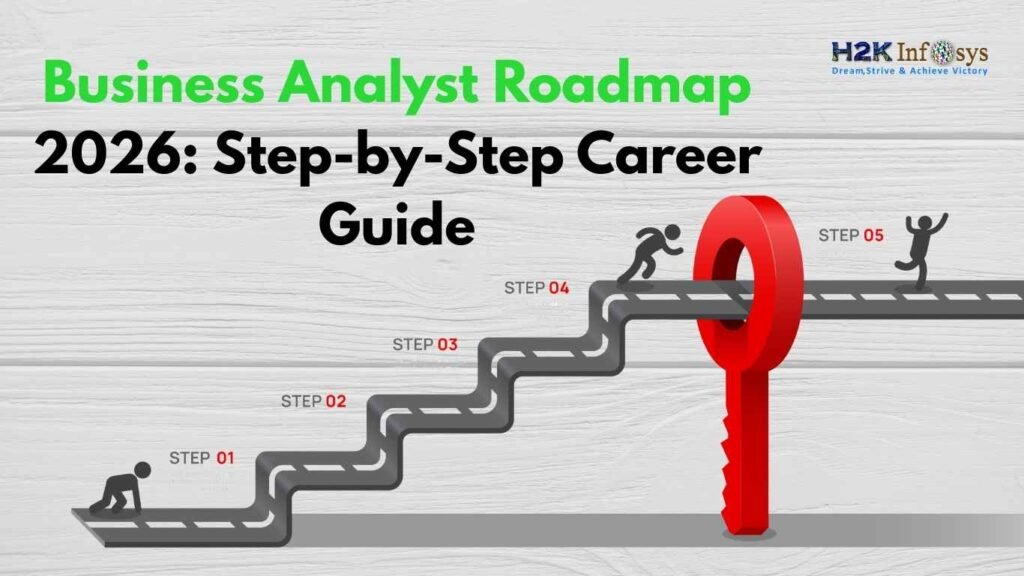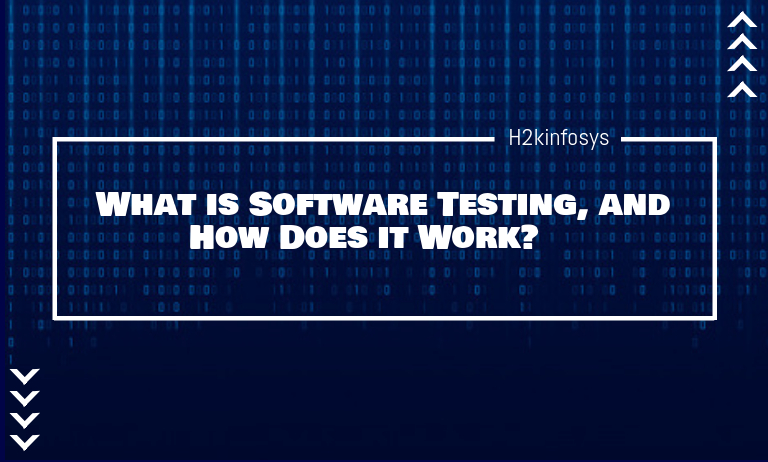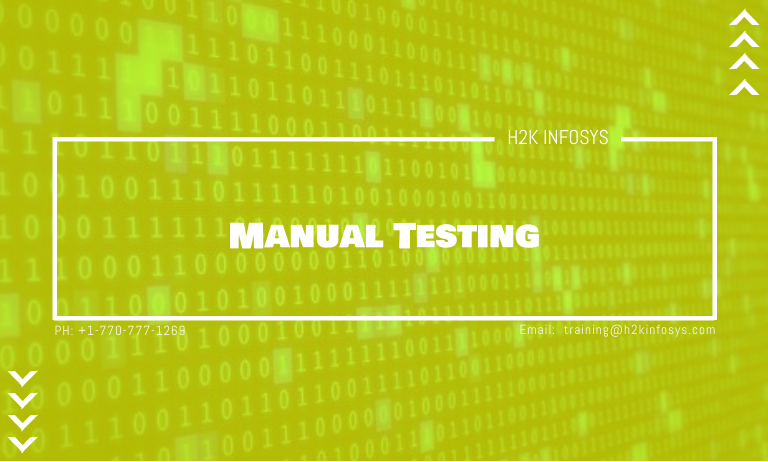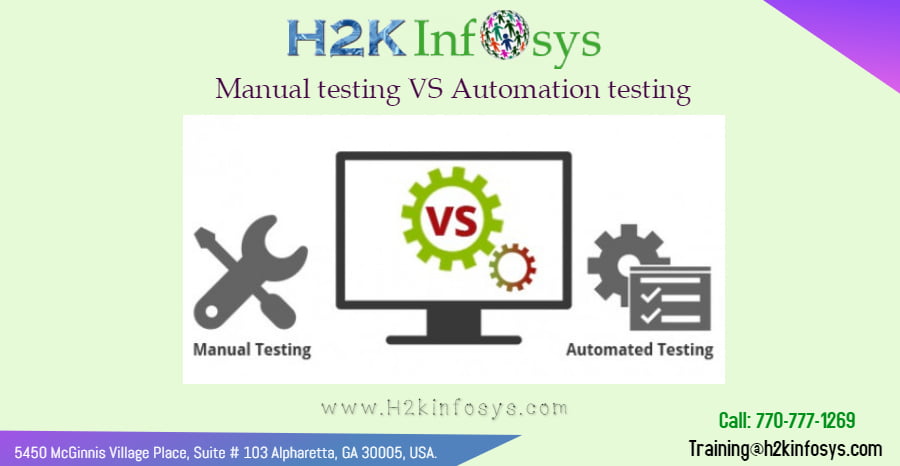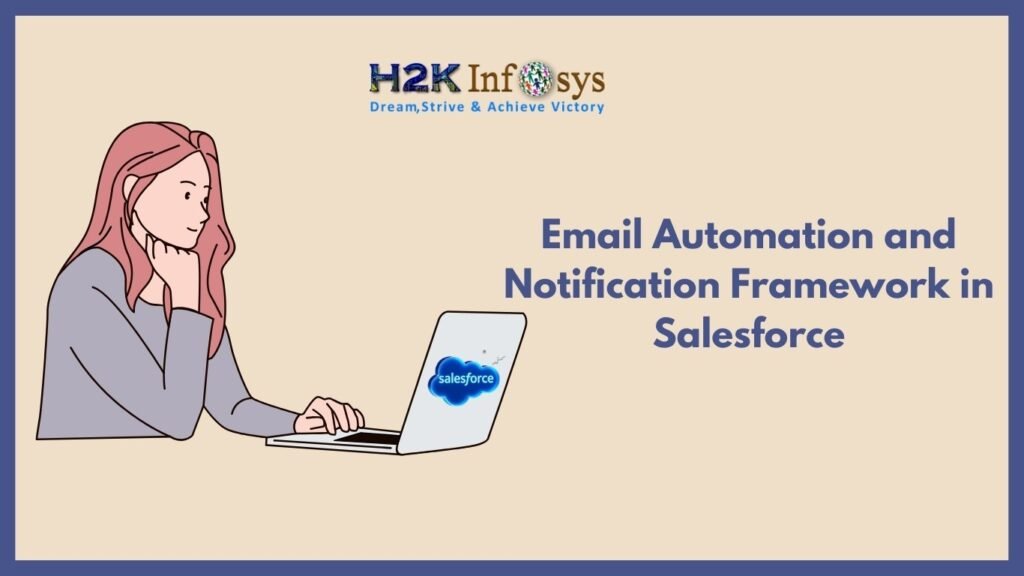In the competitive world of cloud computing, having a strong AWS DevOps resume can be the key to landing your dream job. As businesses increasingly rely on cloud services, the demand for skilled DevOps professionals with expertise in AWS (Amazon Web Services) has skyrocketed. Whether you’re an experienced DevOps engineer or just starting, showcasing the right skills on your resume is crucial. Many professionals complement their AWS expertise with azure devops training to broaden their skill set and demonstrate versatility. This blog will guide you through the top 10 skills to highlight in your AWS DevOps resume, helping you stand out in the job market.

Introduction to AWS DevOps
In the era of digital transformation, AWS DevOps plays a pivotal role in helping organizations automate, scale, and manage their cloud infrastructure. As a DevOps professional specializing in AWS, your resume should reflect a blend of technical expertise and a deep understanding of DevOps practices. Here, we’ll delve into the essential skills that can make your resume shine.
Proficiency in AWS Services
One of the most critical skills for an AWS DevOps engineer is proficiency in AWS services. Employers look for candidates who can effectively utilize various AWS tools and services to optimize cloud infrastructure. Key services to highlight include:
- Elastic Compute Cloud (EC2): Experience in launching, managing, and scaling EC2 instances.
- Simple Storage Service (S3): Knowledge of S3 for object storage and data management.
- Lambda: Expertise in serverless computing and event-driven architecture.
- RDS and DynamoDB: Proficiency in database management with Relational Database Service and DynamoDB.
Infrastructure as Code (IaC)
Infrastructure as Code is a fundamental aspect of DevOps, enabling the automation of infrastructure provisioning and management. Highlight your experience with IaC tools and practices, such as:
- AWS CloudFormation: Creating and managing AWS resources through templates.
- Terraform: Using Terraform for cross-cloud infrastructure automation.
- Ansible: Experience in automating configuration management and deployment.
CI/CD Pipelines
Continuous Integration and Continuous Deployment (CI/CD) pipelines are at the core of DevOps practices. Demonstrating your ability to design, implement, and maintain CI/CD pipelines can set you apart. Key skills include:
- Jenkins: Expertise in building and managing Jenkins pipelines.
- AWS CodePipeline: Knowledge of AWS’s native CI/CD service for automating release pipelines.
- Git: Proficiency in version control using Git and integration with CI/CD tools.
Monitoring and Logging
Monitoring and logging are crucial for maintaining the health and performance of cloud infrastructure. Showcase your experience with monitoring tools and practices, such as:
- Amazon CloudWatch: Setting up alarms, dashboards, and log monitoring.
- ELK Stack: Using Elasticsearch, Logstash, and Kibana for centralized logging and analysis.
- Prometheus and Grafana: Monitoring and visualizing metrics for cloud environments.
Security and Compliance
Security is a top priority in cloud computing, and employers seek candidates who can implement robust security measures. Highlight your skills in:
- Identity and Access Management (IAM): Managing users, roles, and permissions.
- VPC Security: Designing secure Virtual Private Cloud (VPC) architectures.
- AWS Security Hub: Experience in compliance and security best practices.
Automation and Scripting
Automation is a cornerstone of DevOps, and scripting skills are essential for creating automated workflows. Showcase your proficiency in:
- Python: Scripting for automation and infrastructure management.
- Bash: Writing shell scripts for automating routine tasks.
- PowerShell: Automating Windows-based environments.
Containerization and Orchestration
Containerization has become a standard practice in modern DevOps, enabling consistent and scalable deployments. Highlight your experience with:
- Docker: Building, deploying, and managing Docker containers.
- Kubernetes: Orchestrating containerized applications and managing clusters.
- AWS ECS and EKS: Managing container workloads on AWS.
Networking and Load Balancing
A strong understanding of networking concepts and load balancing is essential for designing resilient and scalable cloud architectures. Key skills include:
- VPC Design: Configuring VPCs, subnets, and route tables.
- Load Balancers: Implementing Elastic Load Balancers (ELB) for distributing traffic.
- DNS Management: Using Route 53 for domain name management and routing.
Problem-Solving and Troubleshooting
DevOps engineers must be adept at identifying and resolving issues quickly. Highlight your problem-solving abilities, such as:
- Incident Response: Experience in handling incidents and minimizing downtime.
- Performance Tuning: Optimizing application and infrastructure performance.
- Root Cause Analysis: Conducting thorough investigations to prevent future issues.
Soft Skills and Collaboration
In addition to technical skills, soft skills play a vital role in a DevOps career. Highlight your abilities in:
- Communication: Effectively conveying complex technical information to non-technical stakeholders.
- Collaboration: Working with cross-functional teams to achieve project goals.
- Agile and Scrum: Experience in agile methodologies and participating in Scrum ceremonies.
Conclusion
In conclusion, a well-rounded AWS DevOps resume should showcase a mix of technical expertise and soft skills. Highlighting your proficiency in AWS services, Infrastructure as Code, CI/CD pipelines, security, automation, containerization, networking, problem-solving, and collaboration can make your resume stand out. As you build your resume, tailor it to the specific job you’re applying for and emphasize the skills that align with the employer’s requirements. With the right skills and experience, you’ll be well-equipped to pursue a successful career in AWS DevOps.











